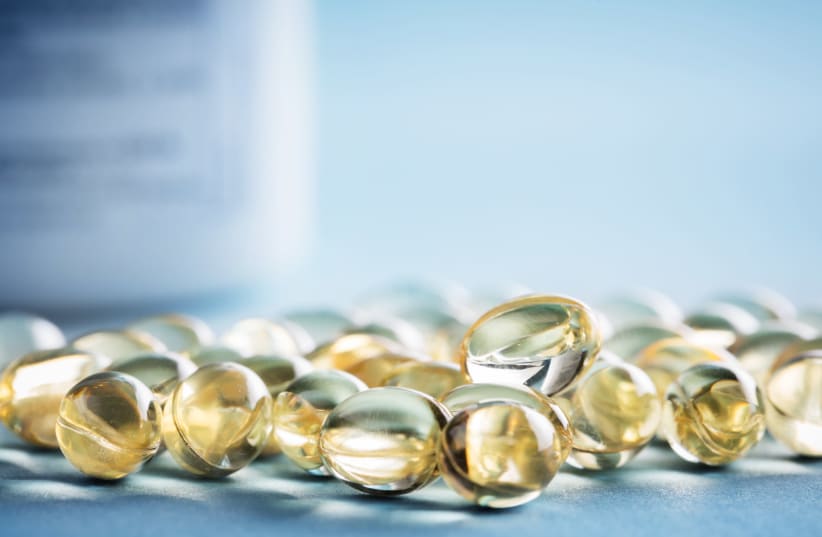Low levels of vitamin D may put people at risk for developing COVID-19, according to a new study by Leumit Health Care Services and Bar-Ilan University’s Azrieli Faculty of Medicine.“The main finding of our study was the significant association of low plasma vitamin D level with the likelihood of COVID-19 infection among patients who were tested for COVID-19, even after adjustment for age, gender, socioeconomic status and chronic, mental and physical disorders,” said Dr. Eugene Merzon, head of Leumit’s Department of Managed Care and its leading researcher. “Furthermore, low vitamin D level was associated with the risk of hospitalization due to COVID-19 infection, although this association wasn’t significant after adjustment for other confounders.”Vitamin D has long been understood to impact immune response. According to Dr. Milana Frenkel-Morgenstern, leader of the Azrieli Faculty of Medicine research group, as much as 70% of the adult population worldwide is vitamin D insufficient or deficient. The Leumit and Bar-Ilan scientists analyzed if the risk of developing COVID-19 or becoming hospitalized because of it increases for people who have a low level of vitamin D.They studied 782 Israeli COVID-19-positive patients and 7,825 negative patients and determined that a low plasma vitamin D level appears to be an independent risk factor for COVID-19 infection and hospitalization.“We don’t know the mechanism,” Frenkel-Morgenstern said. “What we do know is that people who develop severe COVID and were hospitalized – these people have significantly low vitamin D levels.”The research has just been accepted to be published in The FEBS Journal on molecular, cellular and biochemical life sciences.This is the largest study of its kind to date, Frenkel-Morgenstern said. Similar studies have yielded the same results.A report published earlier this month in Clinical Neurology News stressed the importance of individuals obtaining the daily recommended dose of vitamin D in helping to ward off the novel coronavirus. Studies have suggested that taking vitamin D supplements and spending 30 minutes in sunlight in the summer could help.“Our finding is in agreement with the results of previous studies in the field,” said Dr. Ilan Green, head of Leumit’s Research Institute. “Reduced risk of acute respiratory tract infection following vitamin D supplementation has been reported.”The next step will be to evaluate this and other factors in association with mortality due to COVID-19, the press release said.
Insufficient vitamin D increases risk of severe COVID-19, says new study
Vitamin D has long been understood to impact immune response.
